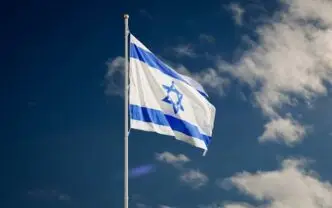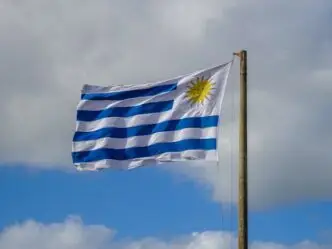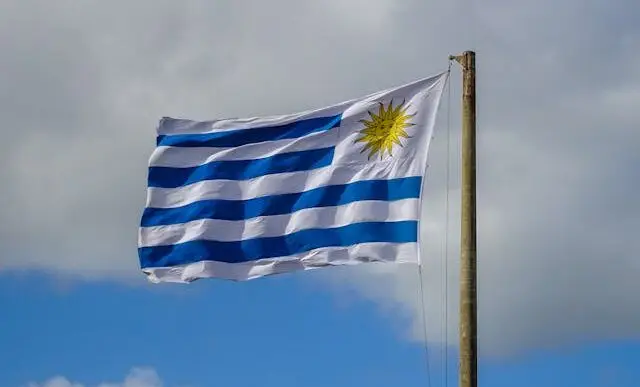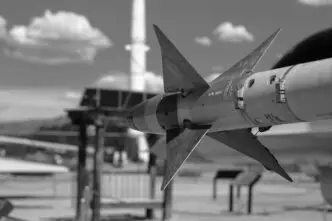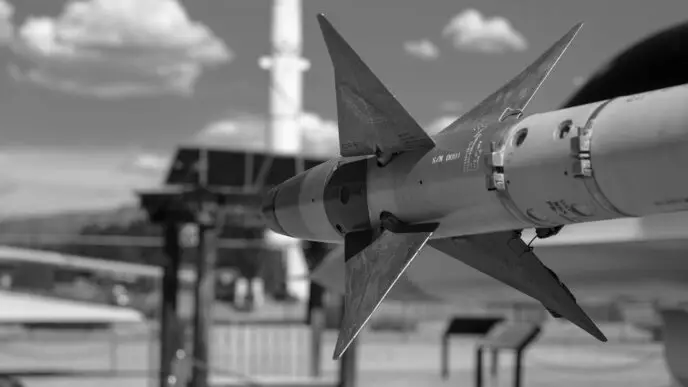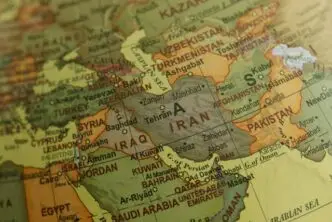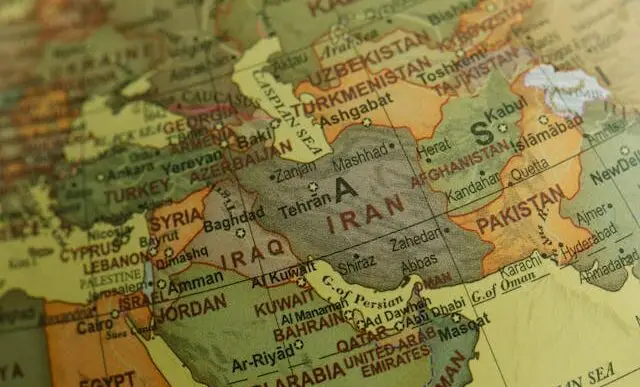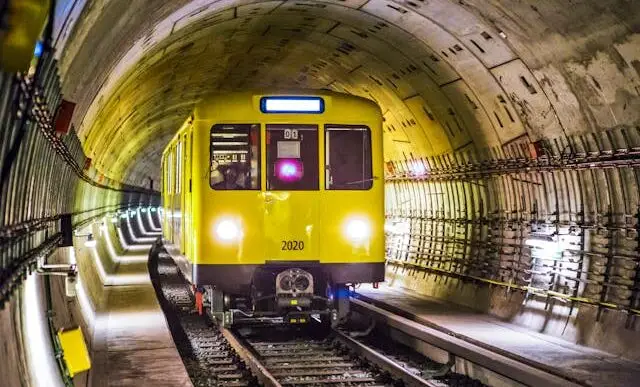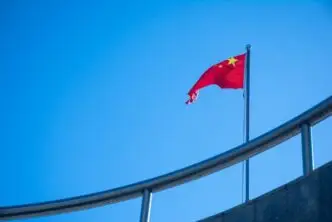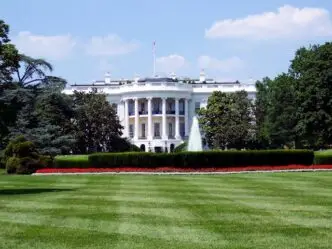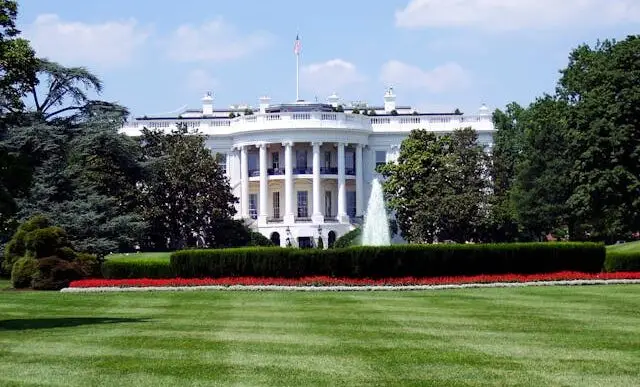Israeli Security Cabinet to Discuss Potential Cease-Fire with Hezbollah
The Israeli Security Cabinet is set to convene on Tuesday to deliberate on a potential cease-fire agreement with the Hezbollah organization, according to Ambassador Danny Danon. This crucial meeting comes amidst heightened tensions and sporadic cross-border clashes between the Israel Defense Forces (IDF) and the Lebanon-based militant group.
Hezbollah, classified as a terrorist organization by the U.S., the E.U., and Israel, has been accused by Israel of amassing weaponry and planning attacks from beyond the northern border. The proposed cease-fire discussion marks a significant development in the ongoing conflict.
Context of the Conflict
The Israel-Hezbollah conflict can be traced back to the early 1980s, with Hezbollah’s formation in the wake of Israel’s invasion of Lebanon. Over the years, the conflict has evolved, leading to several major confrontations, the most significant being the 2006 Lebanon War.
In the past few years, tension between Israel and Hezbollah has escalated, with frequent exchanges of rocket fire and accusations from Israel that Hezbollah is exploiting the chaos in Syria to enhance its capabilities and establish a permanent military presence on Israel’s northern border.
The Cease-fire Proposal
The cease-fire proposal comes as a significant move amidst the increasing tension in the region. While the specifics of the proposed cease-fire discussions have not been revealed, it indicates a potential shift in Israel’s approach towards the conflict with Hezbollah.
According to Ambassador Danon, the Israeli Security Cabinet will review various aspects of the cease-fire agreement in the upcoming meeting. The cease-fire proposal, if agreed upon, could play a significant role in de-escalating the worsening situation on the Israel-Lebanon border.
The Region’s Response and Potential Outcomes
The proposed cease-fire discussion has drawn attention from both regional and international stakeholders. The United States, a staunch ally of Israel, has welcomed the initiative, emphasizing the need for peace and stability in the region. The European Union, which has been actively engaged in diplomatic efforts to defuse the tension, has also expressed its support.
As for Hezbollah and its backers, the reaction has been cautious. While Hezbollah has not issued an official statement on the cease-fire proposal, Iran, a key Hezbollah ally, has called for a comprehensive and just solution to the conflict.
The potential outcomes of the cease-fire discussions remain uncertain. However, the fact that Israel’s Security Cabinet is considering a cease-fire marks a significant shift in the dynamics of the conflict. If a cease-fire agreement is reached, it could pave the way for further negotiations and potentially bring an end to one of the region’s most protracted conflicts.
As the Security Cabinet meeting approaches, the region waits with bated breath for the outcomes of the cease-fire discussion. The developments in the coming days will not only shape the future of the Israel-Hezbollah conflict but will also have significant implications for the broader Middle East region.

